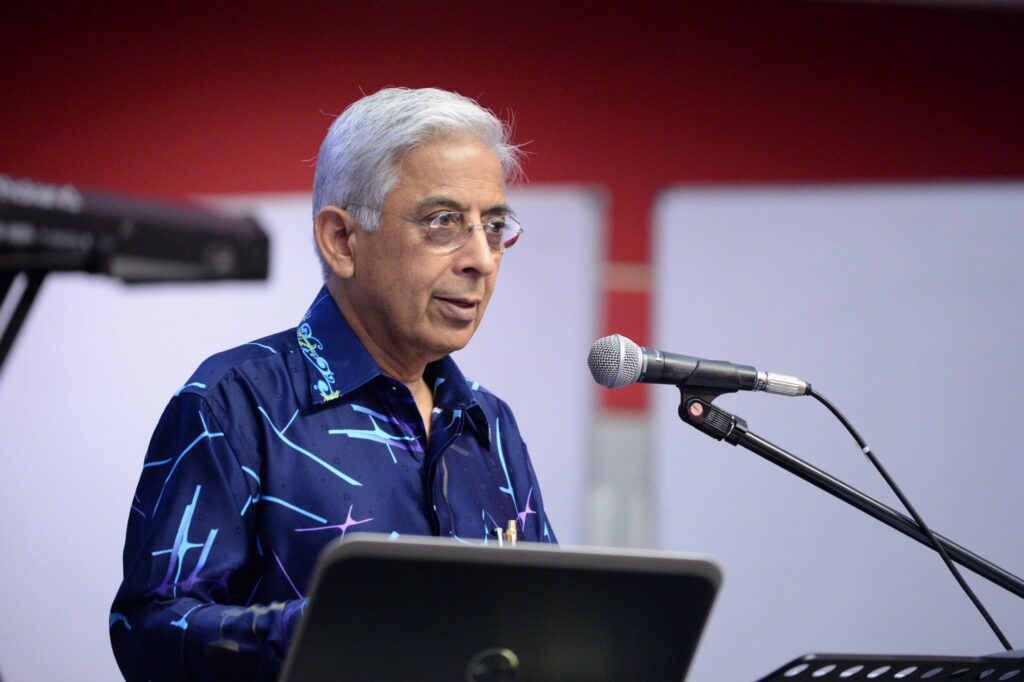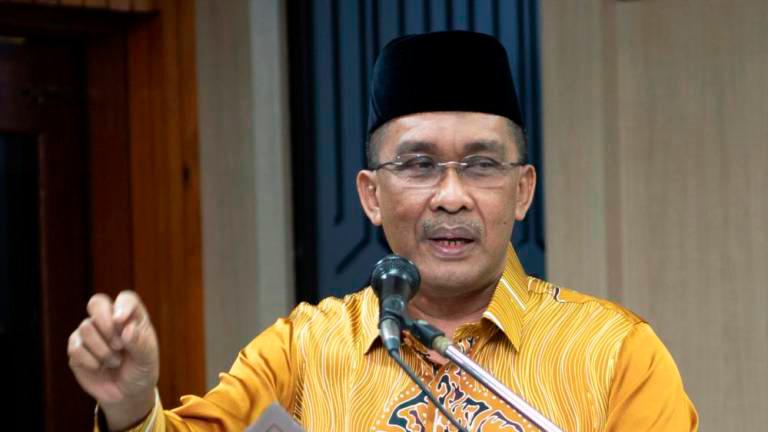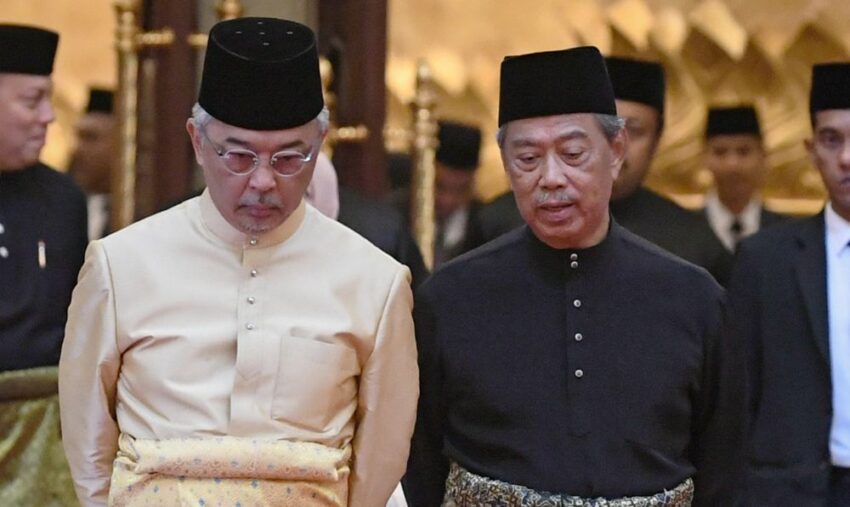Dato’ Seri Takiyuddin, the Minister in charge of Parliament & Law, today said that the decision to end of extend the Emergency does not lie solely in the hands of the YDPA. And that “the onus is on the Cabinet to continue advising His Highness, as the head of state, in making decisions on the emergency period”.
The 2 Schools of Thought
Article 150(1) of the Federal Constitution reads:
“If the Yang di-Pertuan Agong is satisfied that a grave emergency exists whereby the security, or the economic life, or public order in the Federation or any part thereof is threatened, he may issue a Proclamation of Emergency making therein a declaration to that effect.”
There are 2 schools of thought on whether the YDPA retains a discretion to reject the advice of the PM on the emergency.
The first school says yes. They rely on phrases in Article 150(1) such as “is satisfied” and “may”, which suggests a residual discretion on the YDPA. Some proponents include former AG, Tan Sri Tommy Thomas, and former Speaker of Parliament, Tan Sri Ariff Yusof.
The second school says no. The YDPA is, after all, a constitutional monarch. Article 40(1A) states that the YDPA shall always act in accordance with the advice of the PM. One such proponent is Prof Shad Saleem Faruqi.
The limited exceptions are listed in Article 40(2): (a) the appointment of PM, (b) withholding consent to dissolve in Parliament and (c) organising a meeting of the Conference of Rulers concerned solely with the privileges, position, honours and dignities of monarchs. A proclamation of an Emergency under Article 150(1) is not mentioned.
Article 40(2), of course, also states that the YDPA has discretion “in any other case mentioned in this Constitution”. Supporters of the first school of thought will claim that the emergency provision in Article 150(1) falls under this.
YDPA A Constitutional Monarch, Even In Decision to Proclaim Emergency
I lean in favour of the second school of thought.
This is supported by established case law, namely the Privy Council case of Teh Cheng Poh in the 1970s and the Federal Court decision of Abdul Ghani Bin Ali Ahmad & Ors V Public Prosecutor [2001] 3 MLJ 561 in 2001.
The apex court in Abdul Ghani held:
“It is my considered view, based on the constitutional provisions and the authorities cited, that the Yang di-Pertuan Agong, in acting under cl (1) of art 150 of the Constitution in the position of a constitutional monarch, must act on the advice of the Cabinet as provided in art 40 of the Constitution.”

Pic credit: ces.org.my
That being said, the YDPA is not a rubber stamp. As a constitutional monarch, His Majesty plays a sagacious role to check upon any abuses of power by the PM. As Prof Shad wrote:
“However, when approached by the PM, the King is not required to act mechanically. His Majesty is entitled to seek further information, advice, caution, warn and delay. But, ultimately, he must accept the advice of a PM who commands the confidence of Parliament.”
Therefore, if the YDPA does not agree on the PM’s advice to proclaim or extend an emergency, His Majesty may advise against, request the PM to reconsider or delay the decision. Although ultimately, he has to accept the advice if that is the position of the PM.
Inconsistency of the PN Government

Pic Credit: Bernama
However, insofar as the PN Government is concerned, they seem to be blowing hot and cold on this issue.
On one hand, they say the decision to extend the Emergency does not lie on the YDPA.
On the other, the themselves promulgated Section 2 of the Emergency (Essential Powers) Ordinance 2001, which formed an independent special committee to “advise the YDPA on the continuing existence of the grave emergency…”. The formation of this committee presupposes the YDPA has a say in extending the emergency beyond 1st August 2021.
This inconsistency may not strictly have an impact on the legal position discussed above. But it is something the PN Government & Dato’ Seri Takiyuddin will have a hard time explaining politically.
